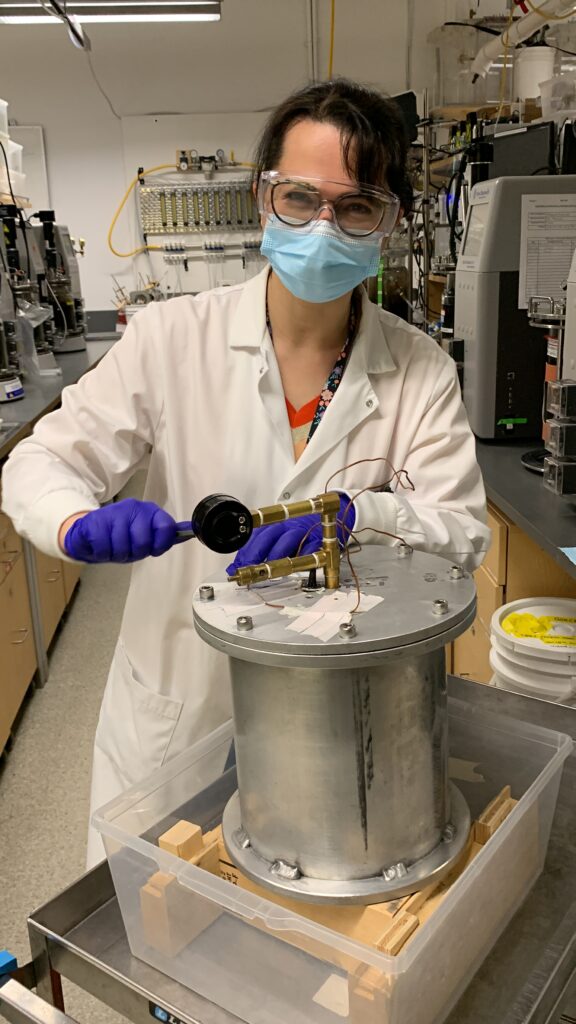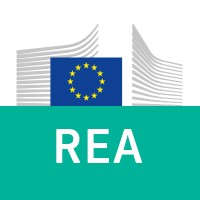
Project number: 843320
Project acronym: RADIOFREPOLIS
Project title: “An Innovative and Energy-Efficient Radio Frequency Pretreatment on Emerging Micropollutants and Transformation Products in Anaerobic Sludge Digestion for Waste Reuse”
Call/Topic: Individual Fellowships
Type of action: Global Fellowships (MSCA-IF-GF 2018)
Granted by: Research Executive Agency by the European Commission
Grant amount: EUR 242 709.12
Beneficiary/Coordinator (Return Host): Boğaziçi University (BU) - Institute of Environmental Sciences
Partner Organisation (Outgoing Host): University of British Columbia (UBC) - School of Engineering, Bioreactor Technology Group
Timescale: 36 months (24 months at University of British Columbia (UBC) - Canada and 12 months at Bogazici University (BU) - Turkey)
Research Goal
The main objective of RADIOFREPOLIS was to investigate the fate of PPCPs and their potential transformation products in wastewater sludge by applying an innovative and energy-efficient radio frequency sludge pretreatment followed by anaerobic digestion to produce eco-friendly and high-quality biosolids.
To achieve the main objective, the following specific research objectives were set:
- Develop a new analytical method for the simultaneous determination of target PPCPs and their potential transformation products in wastewater sludge,
- Investigate effects of a novel and energy-efficient radio frequency sludge pretreatment on the fate of target micropollutants during advanced anaerobic digestion,
- Compare how radio frequency at a frequency of 13.56 MHz and microwave heating at a frequency of 2450 MHz under identical heating profiles can affect the concentrations of spiked target PPCPs and their transformation products in wastewater sludge, and
- Transfer newly acquired knowledge to Europe and build multidisciplinary collaboration.
Why RADIOFREPOLIS is important?
Sludge management in wastewater treatment plants is still one of the most pressing issues due to dramatic increases in sludge production, high sludge disposal costs (more than 50% of the total operating cost) and increasing stringent regulatory restraints. Many authorities continuously strive to reduce excess sludge production, and the operational costs of sludge treatment and disposal in wastewater treatment facilities by environmentally friendly approaches. As a part of resource recovery, the land application of stabilized wastewater sludge (as biosolids) is considered a sustainable and low-cost sludge disposal option. Anaerobic digestion has been recognized as a well-known and preferred technology worldwide for sludge stabilization prior to the beneficial reuse of biosolids. However, releasing “emerging micropollutants” into the environment via land application of biosolids creates potential human and environmental health threats. These pollutants can accumulate in sludge, biosolid-amended agricultural soils, groundwater, drinking water systems, and even the human body. Pharmaceutical and personal care products are a class of emerging contaminants that are produced and consumed at high volumes all over the world. Despite the many potential benefits of the different classes of PPCPs to society, extensive use of these chemicals has led to their extensive occurrence in various environmental compartments depending on their physico-chemical properties. Therefore, the detection and reduction of problematic micropollutants in wastewater sludge and biosolids have become a priority topic for many authorities. The EU-funded MSCA-GF project, RADIOFREPOLIS, is giving the opportunity to control the release of these emerging contaminants into the environment and increase bioenergy to move towards a better net energy balance of the overall process. This project has not only provided solutions to solve micropollutants related potential risks but also supported the EU’s circular economy.


